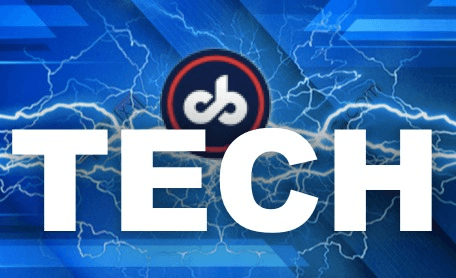Nitin Gadkari said that the central policy to develop charging infrastructure for electric vehicles in India is harnessing green energy, especially solar energy.

Gadkari was reacting to the Centre’s policy to develop charging infrastructure for electric vehicles in India.

Union Minister for Road Transport and Highways Nitin Gadkari said during ‘Question Hour’ in Parliament today that the Centre’s policy is to harness green energy, especially solar energy, to develop charging infrastructure for electric vehicles in India. The response was in the context of a question raised by Jayadev Galla, Telugu Desam Party MP from Guntur, on what steps the government is taking to use clean energy to power all charging stations in the country. Gadkari also pointed out that as the charging infrastructure technology is constantly changing, new research and inputs from EV start-ups would be welcome.
Gadgets in Broadcast and Between Stations Union Minister Mr. @nitin_gadkari G’s answer. #Question Hour (part 2) pic.twitter.com/c367ct96PH
— Nitin Gadkari’s office (@OfficeOfNG) 31 March 2022
Read also: Union Minister Nitin Gadkari requests for EV charger in the parking lot of Parliament
Giving an example of use of clean energy to set up EV charging infrastructure, Gadkari said, “I am giving you the example of providing 650 roadside facilities on National Highways, for which work has already started for 40 facilities. , and on all highways in India we will use solar power. In the region of Gujarat, and somewhere in Tamil Nadu wind power is also being used to provide electricity to charging stations.”

EV Charging Station
Read also: Nitin Gadkari enters Parliament in a hydrogen-powered Toyota Mirai
Gadkari also said, “In phase 1, within the next 3 years, all megacities with population of more than 4 million as per 2011 census, all existing expressways connected to these megacities and highways connected to these megacities will be taken up for coverage. could. In Phase 2, large cities such as state capitals, union territory headquarters may also be covered for distributive and demonstrative effects. In addition, important highways connected to each of these cities can be taken for coverage. In Phase 4, EESL (Energy Efficiency Services Limited) has been assigned the task of setting up EV charging stations along 16 National Highway Expressways in consortium with Convergence Energy Services.
Read also: Tata, HSBC, Macquarie bosses urge governments to do more for green transition
Recently, National Highways India (NHI) signed an MoU with EESL to provide NHI with space, land and its buildings near toll plazas for setting up EV chargers on a revenue-sharing model basis. Needed. The number of Electric Vehicles in the country by vehicle as on 25-03-2022 is 10,76,420 and as per Bureau of Energy Efficiency (BEE) a total of 1,742 Public Charging Stations (PCS) are operational. Country, as of 21-03-2022.

2,877 Public EV Charging Stations have been approved in 68 cities.
Read also: Petrol and diesel prices hiked by 80 paise, up by Rs 6.40 within 10 days
0 notes
Under the Scheme for Rapid Adoption and Manufacturing of Electric Vehicles in Phase-II (FAME India Phase II) of the Ministry of Heavy Industries, 2,877 public EV charging stations have been sanctioned in 68 cities.
for the latest auto news And WaitFollow carandbike.com Twitter, Facebookand subscribe us youtube Channel.